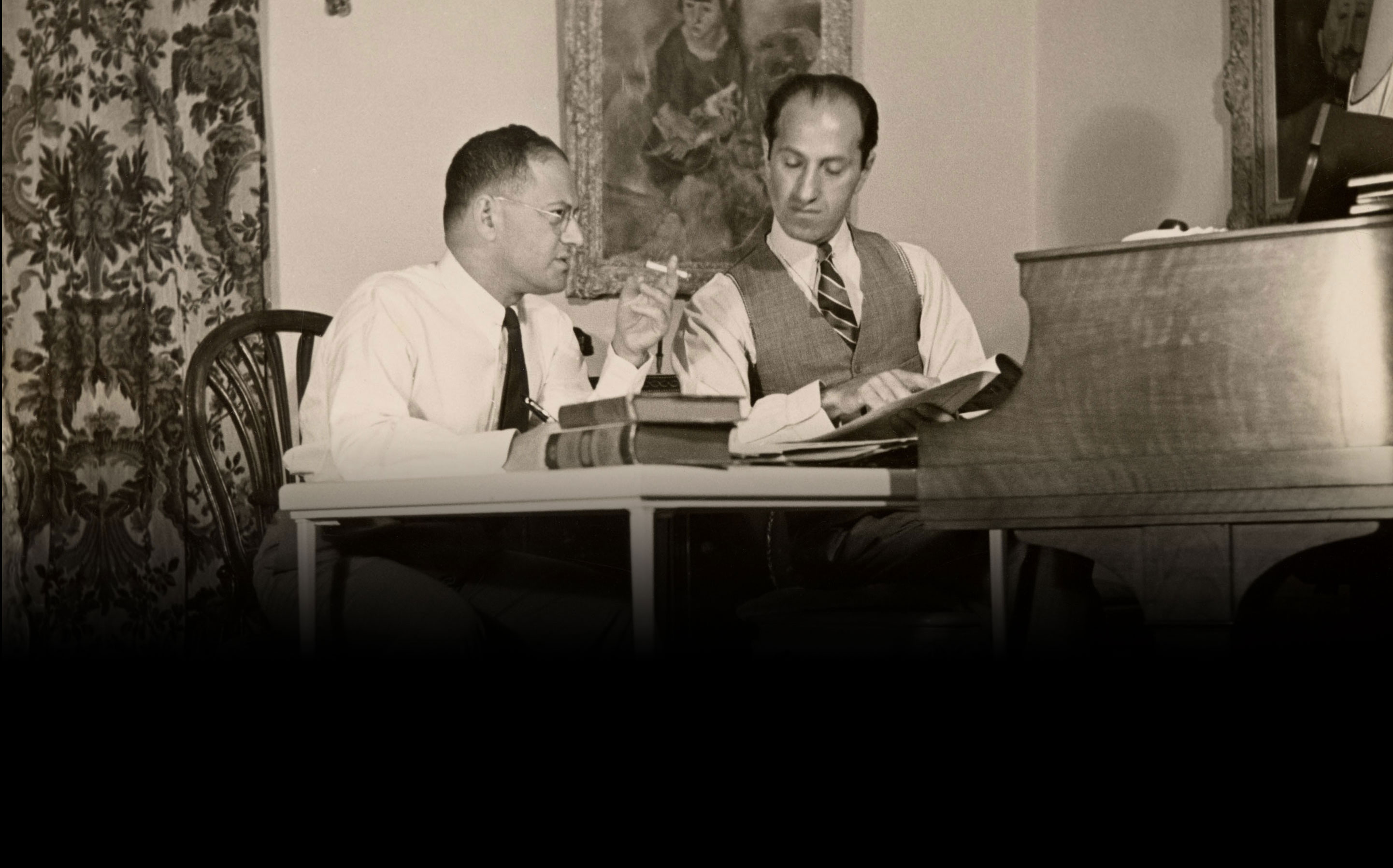From the Archives: “Dear Mrs. Heyward: A Letter from George to DuBose’s Mother”
DuBose’s mother, Jane Heyward, ventured up to New York City after the premiere of Porgy and Bess, and George Gershwin sent a warm hello her way. By Frances Sobolak Porgy and Bess had its official premiere on September 30th in Boston and its Broadway premiere at the Alvin Theatre in New York City on October 10th. In October 1935, Jane Heyward, DuBose Heyward’s mother, left her abode in Charleston, South Carolina and traveled up to New York City with the intent of, presumably, seeing the newly premiered opera. During Jane’s visit, George Gershwin sent a brief letter to her hotel […]
